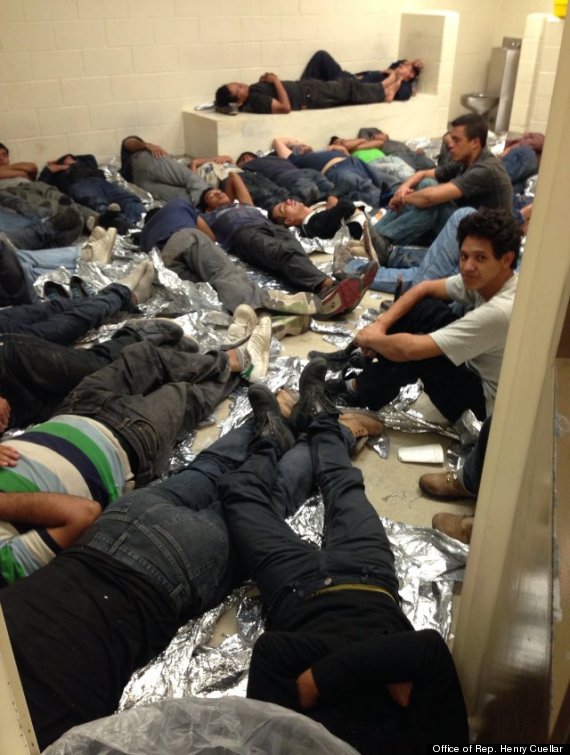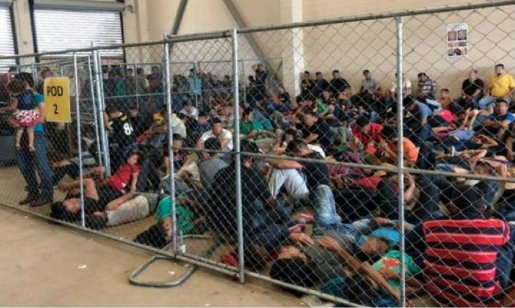Laws Protecting Lesbian, Gay, Bisexual and Transgender (LGBT) New Yorkers
New York State residents receive LGBT-related and same-sex marriage protections under a variety of state and local laws. For information on whether a specific law applies to you, or if you believe you have been the victim of discrimination, contact the Civil Rights Bureau at (212) 416-8250 or Civil.Rights@ag.ny.gov.
New York State LGBT Laws
The Sexual Orientation Non-Discrimination Act (SONDA)
The Sexual Orientation Non-Discrimination Act, effective as of January 16, 2003, makes it unlawful for anyone in New York State to be discriminated against in employment, housing, credit, education and public accommodations because of their actual or perceived sexual orientation. SONDA, in combination with laws prohibiting discrimination based on marital status, together prohibit discrimination against same-sex couples in employment, housing, credit, education, and public accommodations.
With respect to transgender individuals, SONDA does not explicitly prohibit discrimination based on gender identity and expression. However, SONDA does apply when a transgender person is discriminated against based upon his or her actual or perceived sexual orientation. Furthermore, courts have also held that transgender people are protected under provisions of the New York State Human Rights Law prohibiting discrimination on the basis of sex and/or disability. And in 2009, then-Governor David Paterson issued an executive order prohibiting discrimination in state employment on the basis of gender identity.
If you believe you have been the victim of discrimination prohibited by SONDA or the New York State Human Rights Law, you may file a complaint with the Civil Rights Bureau of the New York State Attorney General’s Office. Making a complaint with the Attorney General does not satisfy other statutory filing deadlines that may apply.
Dignity for All Students Act (DASA)
The Dignity for All Students Act, effective as of July 1, 2012, seeks to provide the state’s public elementary and secondary school students with a safe and supportive environment free from discrimination, intimidation, taunting, harassment and bullying on school property, school buses, and during school functions. In 2012, the law was extended to apply to cyberbullying, prohibiting bullying and harassment via electronic communication. Prohibited activities can include aggressive conduct, threats, intimidation, or abuse that unreasonably and substantially interferes with another student’s educational performance. For more information on DASA, click here.
Local Laws Prohibiting Discrimination Based on Sexual Orientation or Gender Identity/Expression
Alongside the protections afforded by SONDA, various New York jurisdictions, including but not limited to those listed below, prohibit sexual orientation discrimination in one or more of the following contexts: public employment, private employment, public accommodations, education and/or housing.
City of Albany
Village of Alfred
City of Binghamton
Town of Brighton
City of Buffalo
Town of East Hampton
City of Ithaca
New York City
City of Plattsburgh
City of Rochester
Town of Southampton
City of Troy
City of Watertown
Albany County
Nassau County
Onondaga County
Suffolk County
Tompkins County
Westchester County
Six cities and three counties in New York State prohibit discrimination on the basis of gender identity or expression. These are Albany, Binghamton, Buffalo, Ithaca, New York City, Rochester, and Suffolk, Tompkins, and Westchester Counties.



